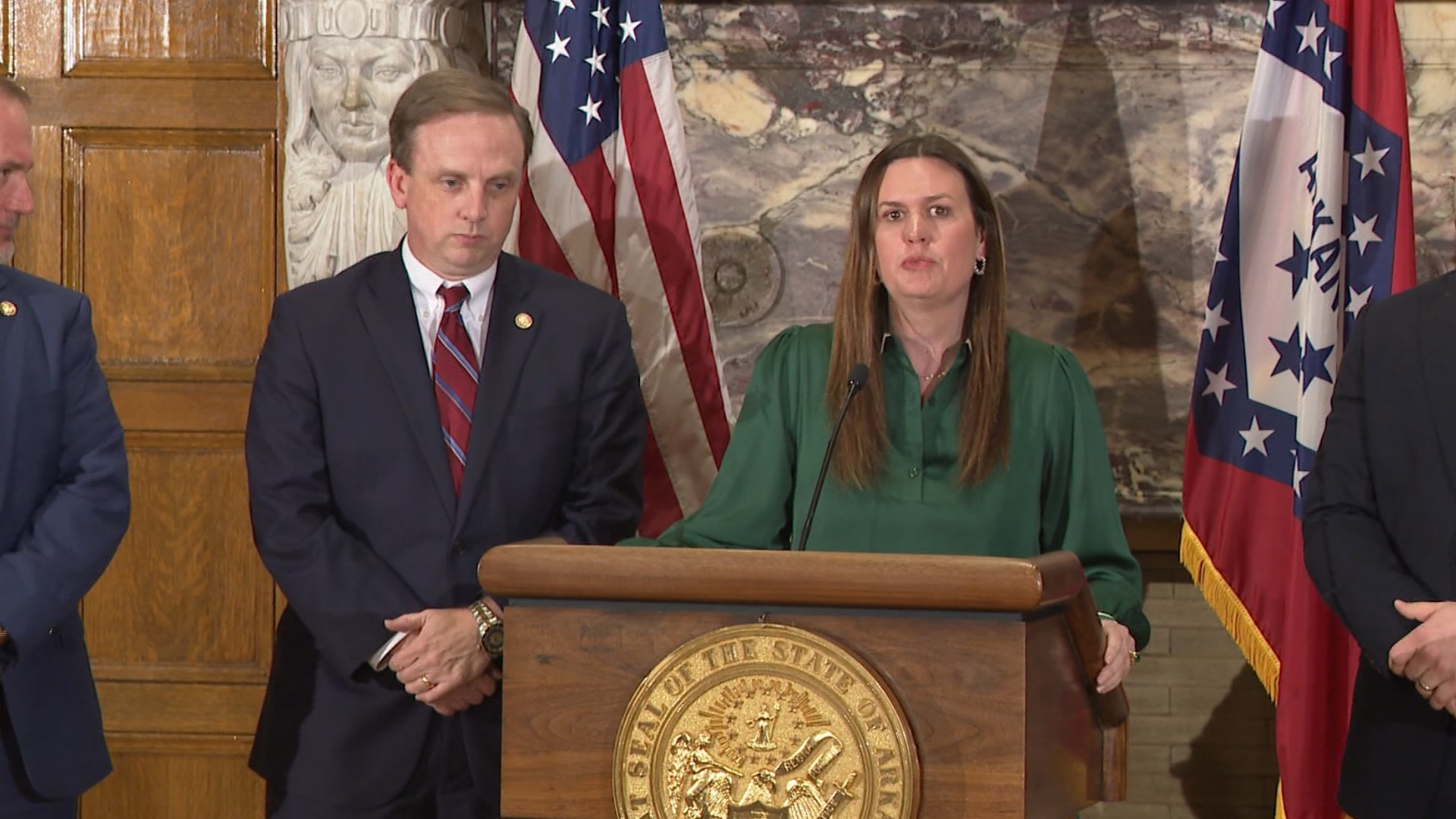LITTLE ROCK, Ark. — A federal judge on Thursday temporarily blocked Arkansas from enforcing a new law that would have required parental consent for minors to create new social media accounts, preventing the state from becoming the first to impose such a restriction.
U.S. District Judge Timothy L. Brooks granted a preliminary injunction that NetChoice — a tech industry trade group whose members include TikTok, Facebook parent Meta, and X, formerly known as Twitter — had requested against the law. The measure, which Republican Gov. Sarah Huckabee Sanders signed into law in April, was set to take effect Sept. 1.
Arkansas’ law is similar to a first-in-the-nation restriction signed into law earlier this year in Utah. That law is not set to take effect until March 2024. NetChoice last year filed a lawsuit challenging a California law requiring tech companies to put kids’ safety first by barring them from profiling children or using personal information in ways that could harm children physically or mentally.
Similar laws placing restrictions on minors’ use of social media have been enacted in Texas and Louisiana, which also aren’t scheduled to take effect until next year. Top Republicans in Georgia have said they’ll push for a parental consent measure in the Legislature next year, and some members of Congress have proposed similar legislation.
NetChoice argued the requirement violated the constitutional rights of users and arbitrarily singled out types of speech that would be restricted.
Arkansas’ restrictions would have only applied to social media platforms that generate more than $100 million in annual revenue. It also wouldn’t apply to certain platforms, including LinkedIn, Google and YouTube.
Social media companies have faced increasing scrutiny over their platforms’ effect on teen mental health, one of the concerns Sanders cited as she pushed for the legislation.
U.S. Surgeon General Vivek Murthy has warned that there is not enough evidence to show that social media is safe for children and teens and called on tech companies to take “immediate action to protect kids now.” Meta announced in June it was adding some new parental supervision tools and privacy features to its platforms.
Social media companies that knowingly violate the age verification requirement would have faced a $2,500 fine for each violation under the now-blocked law. The law also prohibited social media companies and third-party vendors from retaining users’ identifying information after they’ve been granted access to the social media site.

